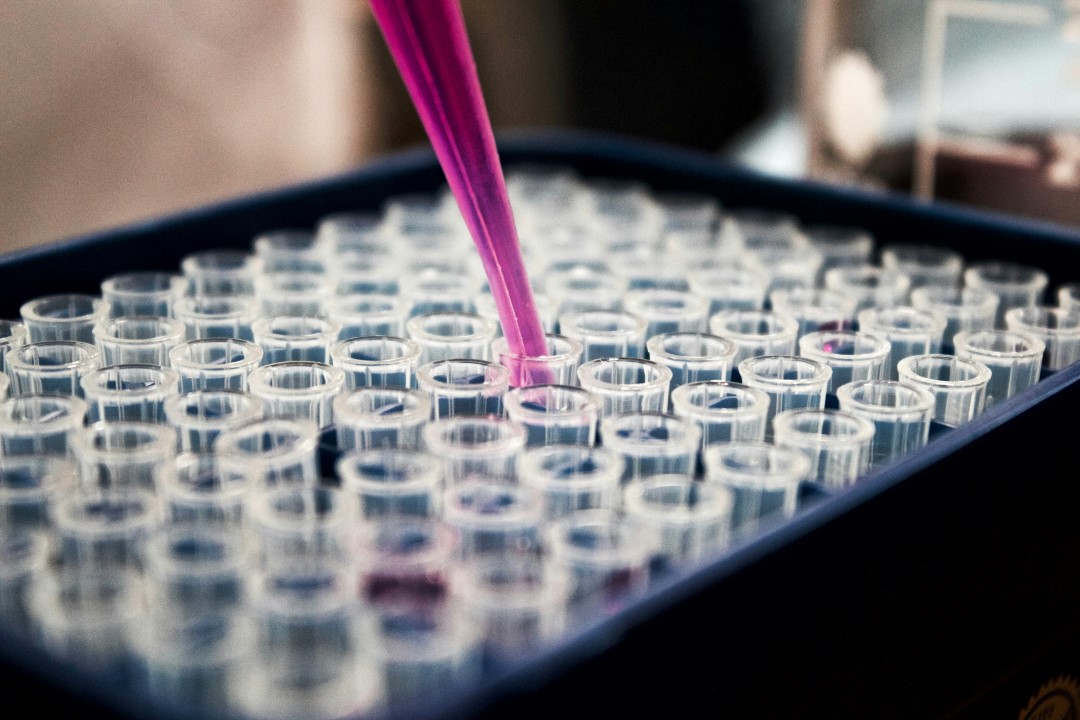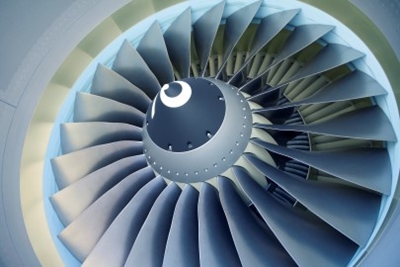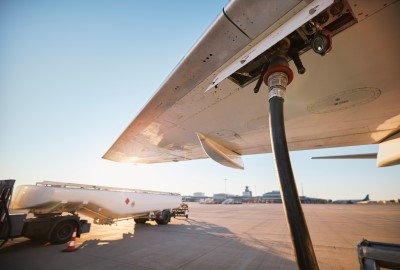EIC: hurdles to overcome in scaling SAF production
High costs and limited feedstock availability hinder widespread adoption of sustainable aviation fuel (SAF), the European Innovation Council (EIC) states in a new report. Highlighting challenges in scaling sustainable aviation fuel (SAF) production, the report advocates strategic initiatives and government support to advance SAF production.

Despite its environmental benefits, current SAF production represents only a fraction of total aviation fuel usage, accounting for less than 1%. High production costs, ranging from two to four times that of traditional jet fuel, pose a major barrier to widespread adoption. Additionally, limited access to scalable feedstocks further complicates efforts to ramp up production.
EIC analysts emphasize the need for strategic initiatives and government support to address these challenges effectively. InnovationNewsNetwork reports that EIC proposes enhanced investment and policy interventions, including mandates and subsidy mechanisms, are essential for fostering innovation and overcoming financial barriers.
Diversified approach required
The adoption of SAF requires a diversified approach to feedstock development, the report insists. Increased focus on green hydrogen and carbon capture activities can enhance feedstock availability and contribute to the sustainable growth of the industry.
Despite these challenges, ambitious targets set by countries like the US, UK, Canada, and Japan signal a growing commitment to SAF adoption. Initiatives such as the ReFuelEU Aviation program aim to promote the use of sustainable fuels and accelerate the transition to greener aviation practices.
Collaboration becomes critical
InnovationNewsNetwork reports that, as the global SAF market evolves, collaboration between industry stakeholders and policymakers becomes increasingly critical. Strategic investments in research and development, coupled with robust government support, will be instrumental in scaling up sustainable fuel production and driving the aviation industry towards a more sustainable future.


